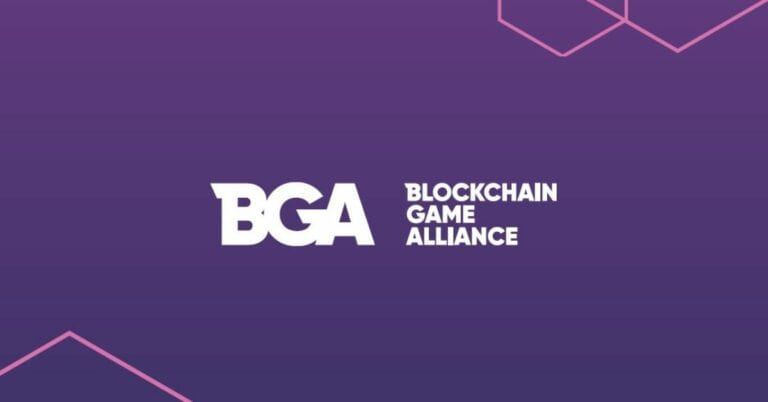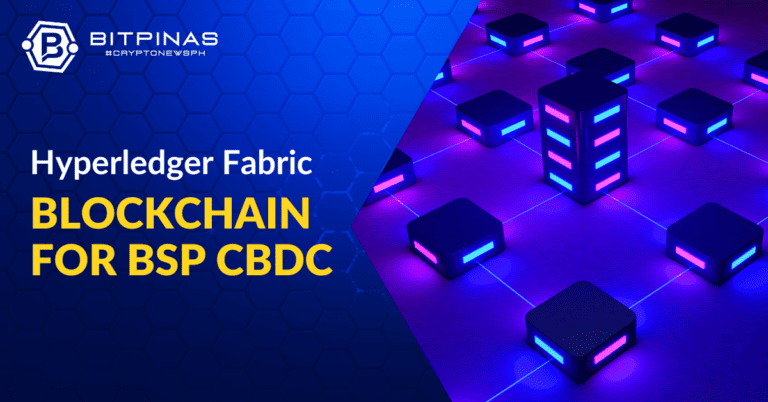Impact Technologies as Catalysts for Societal and Human Development
With a greater awareness for sustainable practices in the aspect of both human development, technology is among the brightest platform to succeed based on investments for societal development. As the world gears up for a new decade with its set of challenges and opportunity, we’ll move forward together – maintaining an inclusive innovation cycle where no man or community is left underserved.

Impact technologies are at the frontier of innovation to businesses and economies as a new decade dawns upon us. Beyond use cases and the business edge aspects, impact technologies have the capacity to uplift society’s quality of life and through aiding human capital development.
This article is contributed by Mr. Randy Knutson of DynaQuest.

In fast-tracking the human capital development in developing countries, we are uplifting society’s most underserved sectors. These sectors include impoverished communities, refugee migration areas and the indigenous communities with each of their unique cultural heritage. For most of the 21st century, helping the development of these sectors were the focus of both monetary aid and infrastructure investments. When technology is employed to be a catalyst for uplifting both societal and economic conditions, the desired change is getting an essential pillar of support in terms of efficiency and fulfillment.
These are the technologies that I believe will play a huge part in developing people and economies in the 2020 decade:

Digital Identities
For the once who were invisible to society and the ones who are still undocumented – who are without legal identities, Digital Identity technology under the Blockchain framework will ensure that they would have a registered identity, a means to verify their identity and have an irrevocable legal identity – which is now considered as a human right. Technology that serves as a backbone for national ID programs and unified social numbers are ensuring that no citizen goes undocumented. This is the aspect of tearing down their invisibility and augmenting government responsibility to serve and look after welfare – regardless if they are born into poverty or are displaced.
The regional conflicts around the world, where hundreds of thousands were displaced and are forced to start life anew in their newly adopted countries, is an unprecedented human crisis. For the ones who were able to secure entry into a new country in hopes to assimilate and live a normal life, the documentation and its fast tracking is closely tied to their welfare. The factor of invisibility and disappearing from records once they settle into a new area remained a problem over the years. Fortunately, the gamble of utilizing nascent technologies such as Blockchain and Digital Identities bore fruit; and are making progress.
Digital Identities in Action

For example, in Jordan, the UN’s World Food Programme uses Digital Identity to enroll and give aid to thousands of Syrian refugees. Under normal circumstances, one needs a credit institution such as a bank, to serve as a guarantor to facilitate purchases based on charged credit. With Blockchain, Syrian refugees are given the medium of biometric verification to purchase food and secure health services. The augmented process of aid disbursement is said to have saved over 98 percent of the cost associated with the said process.
When lifeline services are able to transact or disburse aid efficiently, minus the costly in-waiting checks as per verification purposes; the realization of savings will allow these programs to serve more people who are in need of aid – in a more efficient and cost-effective manner.
An identity which is granted is deemed irrevocable and is fundamentally a world-changer for the underserved. With a legal identity as a basis, the government and international programs are able to utilize the technology to monitor the welfare and progress of the refugees:
- Are they getting their food rations?
- What are their skills learned at home and the opportunities for local employment?
- What is the state of their health?
The diaspora of the immigration around the globe will soon focus on the aspect of integration and its succeeding issues based on migrant welfare.
Internet of Things and Smart Hubs
Internet of Things

The Internet of Things (IoT) presents an interesting aspect of our interaction and communication with devices: they can communicate with each other freely without our participation. This is made possible with the many frequencies where each of these “smart devices” can communicate by constantly passing data to one another in real time. With the use of their embedded sensors, these smart devices are able to detect and alert programs basing on emergency situations where it prompts a human response.
These IoT enabled sensors, devices and hubs will be communicating with other smart hubs and it will define the cities of the future. This is where the term “smarter cities” are coined and part of the concept of a smarter city is the utilization of IoT devices to efficiently record the data attributes of a certain phenomenon or a process. The data used as insight can help better guide decision-making to craft policies and new measures.
Smart Hubs
In the not so distant future, IoT Smart Hubs will help power the governance and facilitation of the city infrastructure:
- Monitoring fires and emergency evacuation procedures – Sharper and more accurate fire detection sensors will be able to detect and coordinate with building evacuation.
- Emergency response teams – Embedded medical devices and patient monitoring systems will be smarter and can alert medical teams in case of accidents or emergency situations, thus significantly cutting down mortality rates from unanswered emergency situations.
- Food Water and Air Quality Monitoring – The constant monitoring of the city’s vital supplies will help prevent outbreaks of contagions as pollutants.
- Smart Grids – Variable monitoring of energy spikes based on supply and wastage will help maximize a city’s energy efficiency.
With greater awareness of sustainable practices in the aspect of both human development, technology is among the brightest platform to succeed based on investments for societal development. As the world gears up for a new decade with its set of challenges and opportunities, we’ll move forward together – maintaining an inclusive innovation cycle where no man or community is left underserved.
This article is published on BitPinas: (Feature) Impact Technologies as Catalysts for Societal and Human Development


![[Event Recap] Binance Organizes 'Women in Blockchain' Event in Manila 8 [Event Recap] Binance Organizes ‘Women in Blockchain’ Event in Manila](https://bitpinas.com/wp-content/uploads/2023/04/GCash-FutureCast-GChat-GCrypto-GStocks-3-768x402.png)


![[Recap] AxiePH Meetup: Axie Infinity Plans to Spend Its Second Bear Market Building Alongside its Fans 11 [Recap] AxiePH Meetup: Axie Infinity Plans to Spend Its Second Bear Market Building Alongside its Fans](https://bitpinas.com/wp-content/uploads/2022/06/AXIE_MEETUP_Featured-768x402.png)